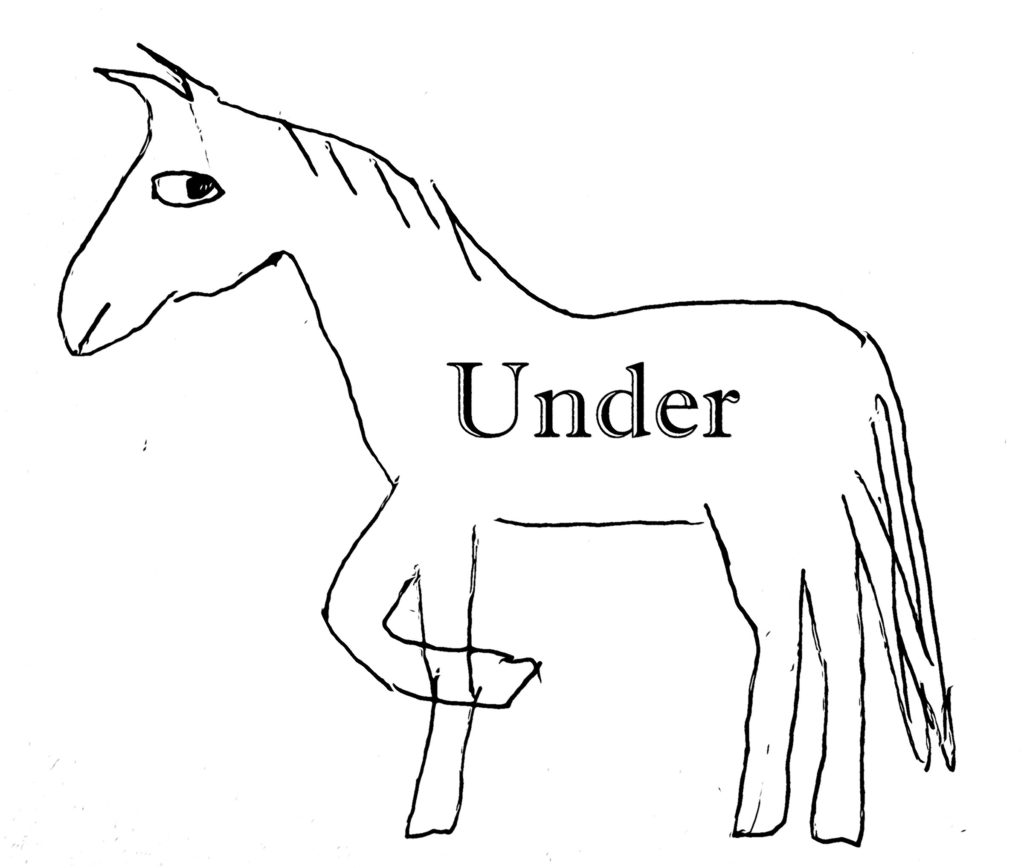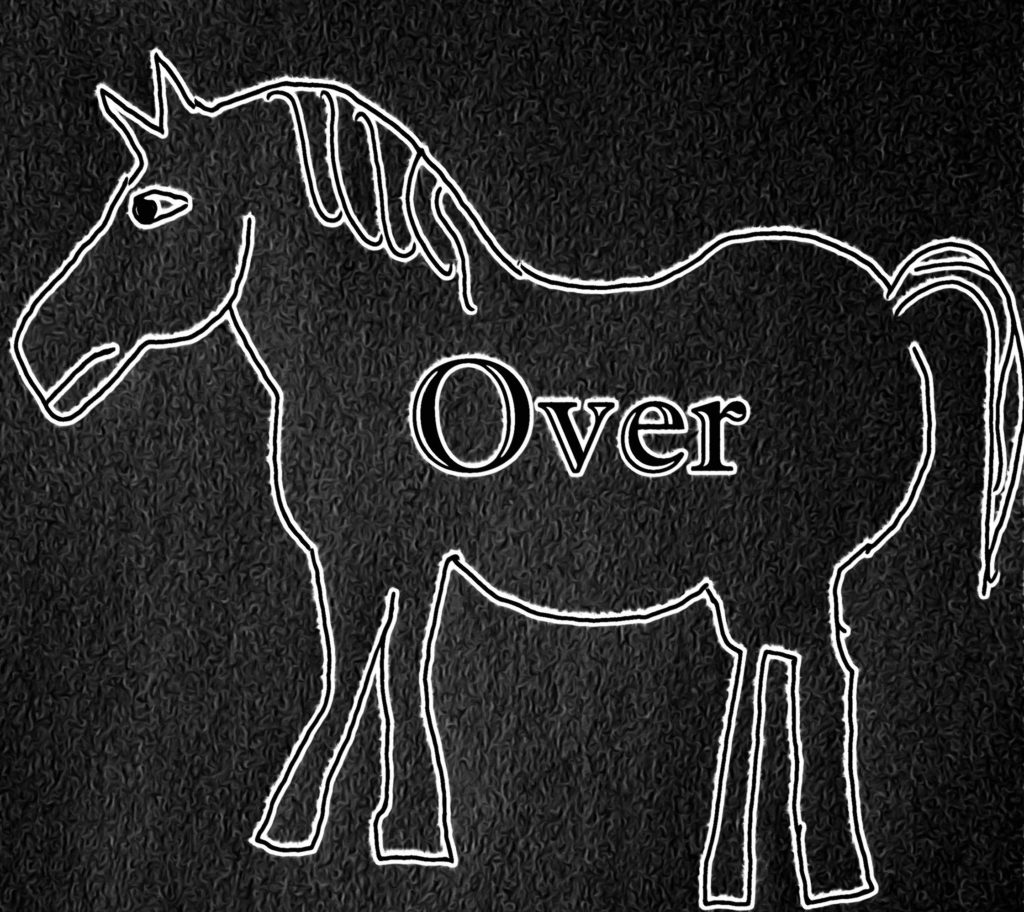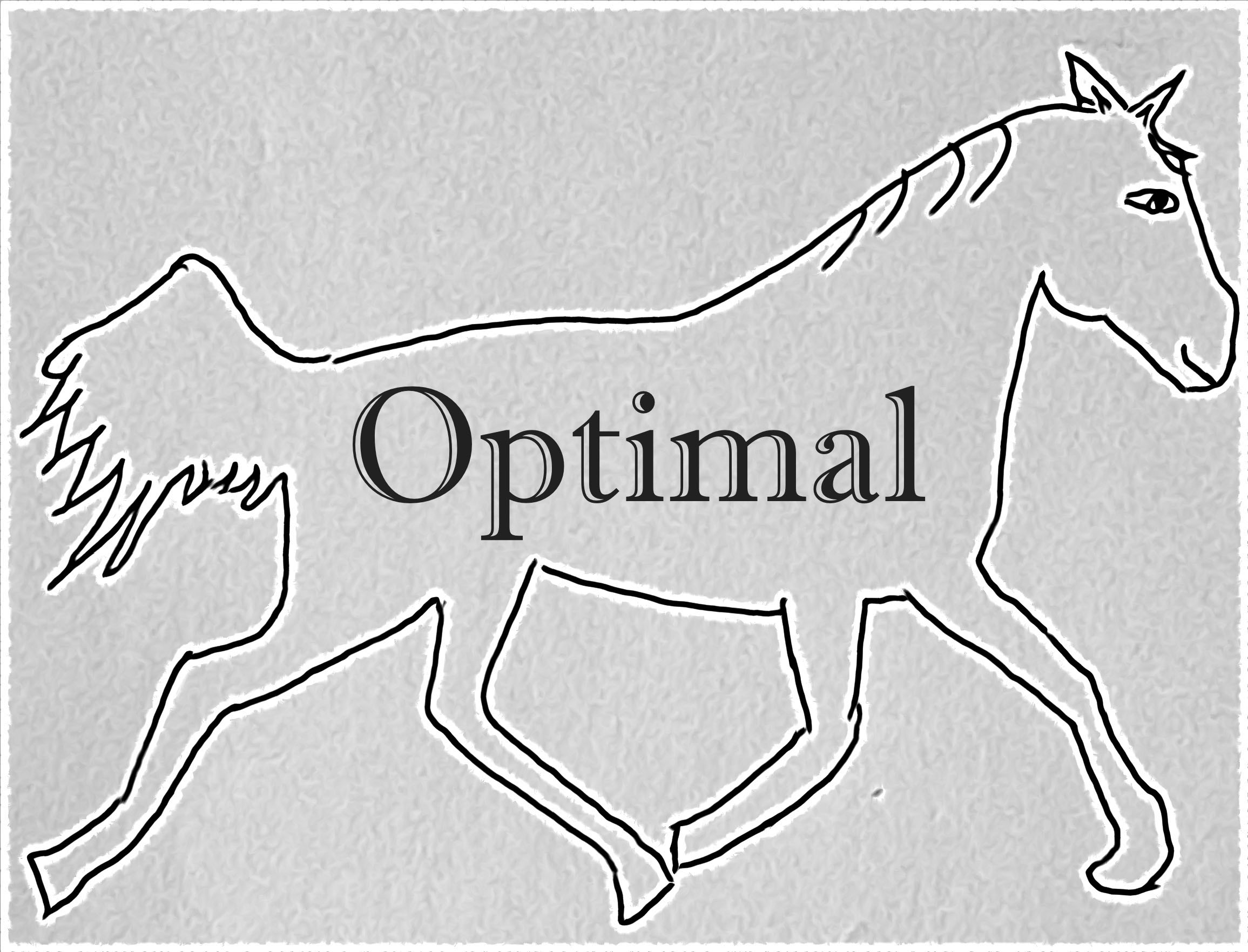By Maddy Butcher
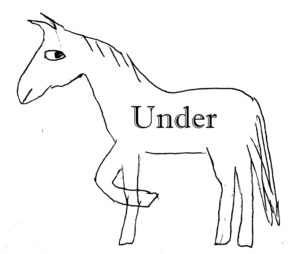 Consider your ranch or barnyard. Take a snapshot in your mind. Now, zoom out to view your neighbors, your state, your country, and your world. It’s easy to see the broad spectrum of care we owners have for our equines. From educated and privileged to poor and with few resources, our backgrounds are wide-ranging. Some think of horses as strictly livestock. Others keep them as pets.
Consider your ranch or barnyard. Take a snapshot in your mind. Now, zoom out to view your neighbors, your state, your country, and your world. It’s easy to see the broad spectrum of care we owners have for our equines. From educated and privileged to poor and with few resources, our backgrounds are wide-ranging. Some think of horses as strictly livestock. Others keep them as pets.
We might assume that owners with more money, education, and privilege take better care of their horses and that more attention is necessarily better.
Think again.
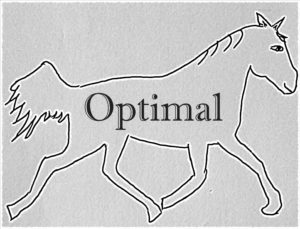 Research and volumes of anecdotal observations tell us that too much care can harm a horse as much as too little care.
Research and volumes of anecdotal observations tell us that too much care can harm a horse as much as too little care.
BestHorsePractices introduces the Care Continuum, an across-the-board examination of horse care. The Care Continuum examines the disadvantages of Over Care and Under Care and promotes what we know through research and empirical evidence to be Optimal Care.
We look at the conditions, consequences, and research associated with the Care Continuum. You’ll find links to related articles and posts to help further your understanding. You’ll learn to recognize the overarching profiles of horses receiving Over Care, Under Care, and Optimal Care. We’ll provide insight to the subtle nuances of horse care and links to current trends in animal behavior and intelligence articles.
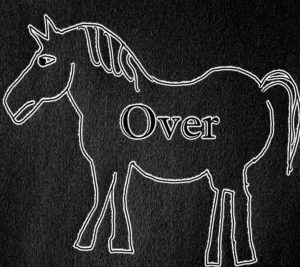 Keep in mind that “Care” as defined here involves the mental and physical well being of the horse. More and more, researchers are recognizing animal intelligence. More and more, we’re learning that anthromorphizing horses’ interests and needs are detrimental to them. Treat a horse like a horse is best practices. Often less is more.
Keep in mind that “Care” as defined here involves the mental and physical well being of the horse. More and more, researchers are recognizing animal intelligence. More and more, we’re learning that anthromorphizing horses’ interests and needs are detrimental to them. Treat a horse like a horse is best practices. Often less is more.
Read about Animal Intelligence.
There are, of course, exceptions to the Care Continuum. For example, since we keep horses alive much longer than nature would allow, many senior horses are blanketed and fed a range of extra calories in order to thrive. Horses getting an extraordinary amount of exercise may need to receive extra feed and care. These are just examples.
Where does your care land on the Care Continuum?
Under Care
Profile: Skinny or Fat (Body Score, 1-3 or 6-9). Parasitic. Untrained. Ill-mannered. Nervous around humans or in novel environments.
Horses suffering from Under Care may spend lengthy stints in pastures with no one checking on their welfare. They may eat too much or too little forage and therefore become too thin or too fat.
Under Care horses receive little or no vet care or grooming, a situation that compromises their health, especially vis a vis the maintenance of hooves, teeth, skin, and parasitic control.
Their lack of human contact and training not only makes them dangerous to handle, but also less useful and versatile. Owners will have trouble catching them, leading them, trailering them, and riding them.
These horses may often be the most likely to end up headed to slaughter or bounce from owner to owner.
Neglect, intentional and unintentional
Young Horse Starting with Amy Skinner and Brent Graef
Equine Dentistry by Steve Akeley
Trailer loading and Evidence-Based Horsemanship
WiseAssWallace on Naughty Human Behavior
Over Care
Profile: (Body Score 6-9) Fat. Ill-mannered. Stressed. Highly susceptible to colic and other health concerns.
Horses experiencing Over Care often live in isolation or are kept in stalls.
They are routinely fed grain or otherwise receive an excess of daily calories. They get inadequate exercise and are often blanketed.
Owners may trim their whiskers and otherwise provide too much grooming. Over Care horses may suffer from training that lacks boundaries and can lead to safety issues.
As Dr. Rebecca Gimenez has noted here, Over Care in the form of obesity can lead to myriad health problems, including insulin-resistance, laminitis, and founder.
Supplements and grain are often an unnecessary expense and can lead to complications.
Stereotypies and the hazards of stall keeping
Obesity with links to body scoring
Vibrissae (trimming these whiskers is detrimental to your horse)
Safety around horses with Warwick Schiller
Bombproof or Shut Down with Amy Skinner
WiseAssWallace on Bad Behaviors
Optimal Care
Profile: Relaxed, Fit, Healthy, and Engaged.
Optimal Care horses are in pastures or paddocks where they can move a lot. They live with other horses and their diet consists almost entirely of hay and/or grass. They are mentally and physically fit.
Young horses with Optimal Care receive a good training start, consisting of but not limited to: stress-free catching, haltering, leading and trailer loading.
Horses receiving Optimal Care are often ridden and/or exercised frequently. They may have the ability to adopt to a wide range of challenges, such as being in new places and experiencing new conditions.
Amy Skinner on what her horse taught her
